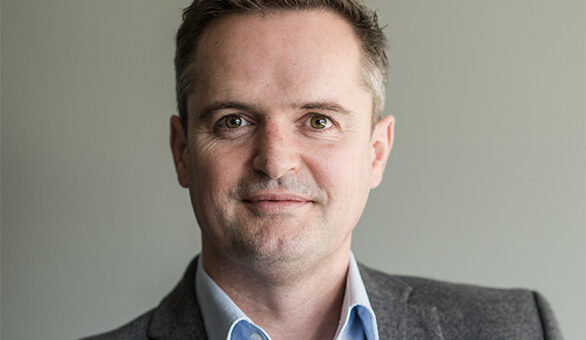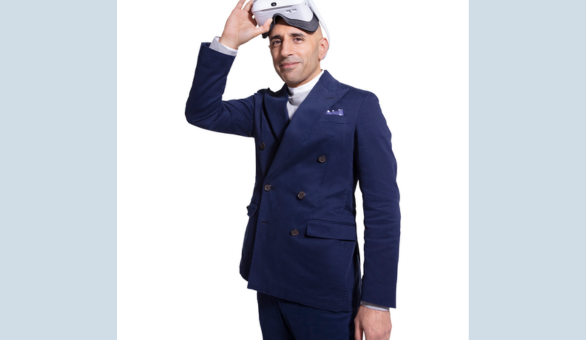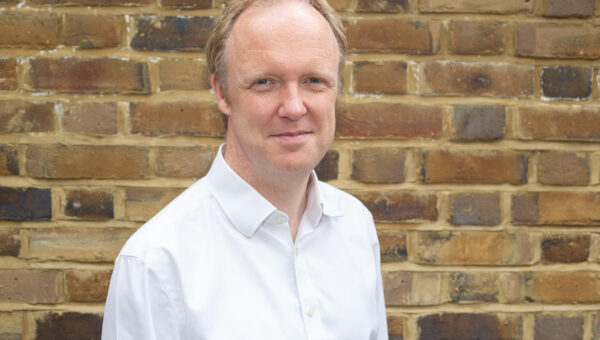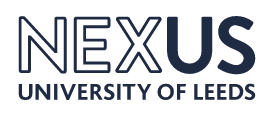The View from Here – Justine Andrew
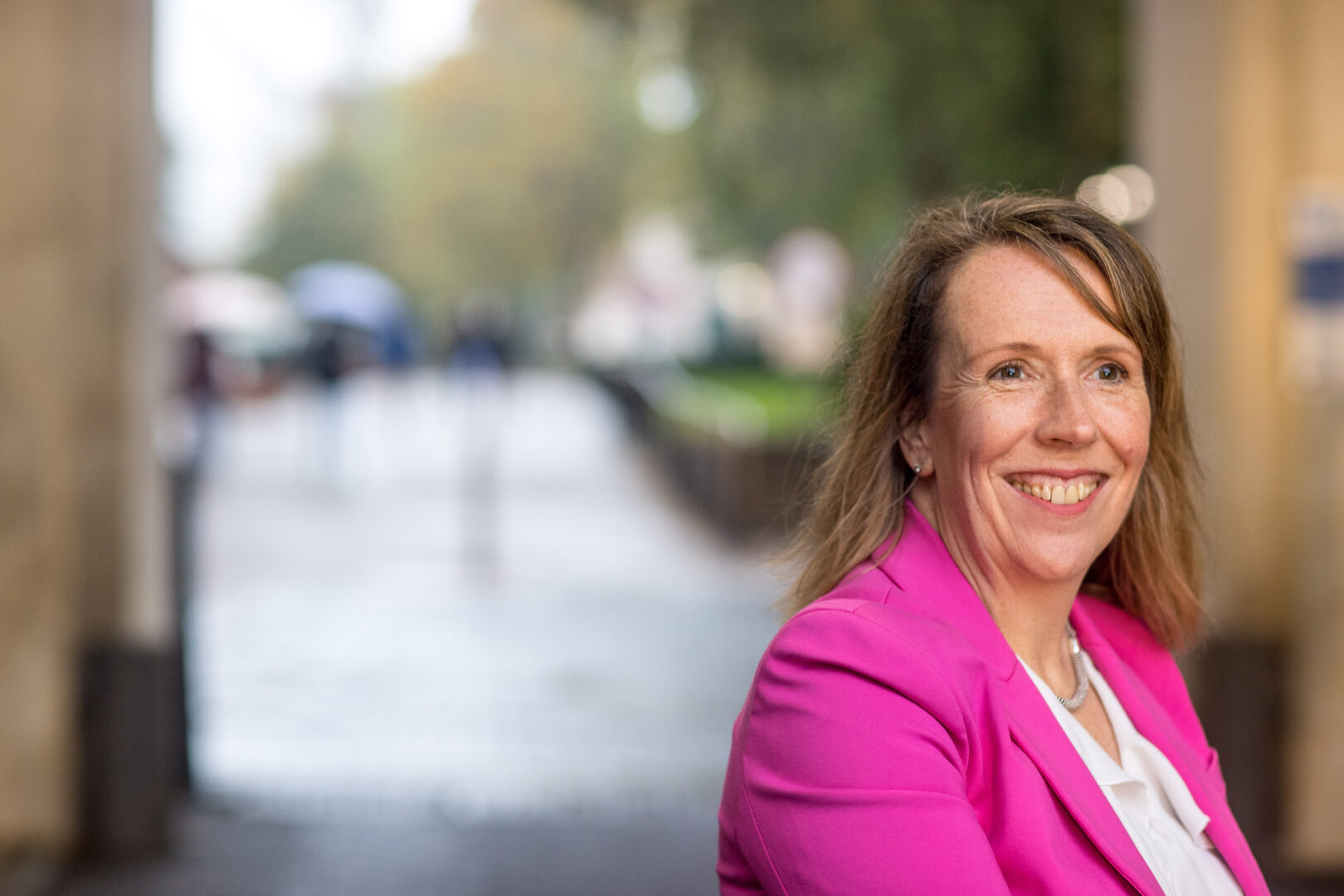
In this series we ask key figures in the region and from our core sectors to share their insights.
We spoke to Justine Andrew, Head of Education, Skills and Productivity at KPMG and head of the firm’s University Partnership, about the role of collaboration in driving economic growth for our region.
What is the current economic outlook for Leeds and the wider region?
Leeds has a growing confidence – a typically quiet Yorkshire confidence, based on what we have here and what makes us unique and also a very mature confidence, which recognises that in a global economy we are not competing with other cities and other regions. They all have their own specific strengths and we’re all working to the same goal.
You can see it in the new-builds across Leeds and the wider region, in the events we hold, which are attracting international delegates and visitors and in the increased investment which is coming into the region.
When we’re talking about growth, there is an increased awareness that flourishing careers are available outside London, but that this highlights the skills gap we face, particularly in IT and technology. It is a national issue, but something we need to tackle across our region.
What are the main opportunities for innovation and entrepreneurship in the region?
This is where the role of collaboration is critical. There has been a huge amount of work done from the bottom up, working with entrepreneurs on the ground and also from the top down, with the support of innovation-led communities such as Nexus and initiatives such as the White Rose Innovation Agency in South Leeds.
When we were part of MIT REAP (Massachusetts Institute of Technology’s Regional Entrepreneurship Acceleration Programme) five years ago, we didn’t have the places to go, the mentors to advise, the signposting and the support which is available today. There has been a massive change in the last three to four years and Leeds is now one of the national leaders in places to start a business, grow a business and thrive. Everyone should be really proud of that.
KPMG has also invested in a Northern-based company, Acceleris, which specialises in advising on early-stage funding. It can be very lonely starting up a new company and we wanted to ensure that specific support was available which focuses on listening and understanding a business and its market, so we can walk that journey with them.
Explain how the partnership between KPMG and the University of Leeds works and what it means for businesses.
We have worked with the University for many years and recruit a substantial amount of our graduate talent from there, but over the past two years we have developed that relationship into a multi-faceted strategic partnership to drive collaborative innovation.
The University brings a breadth and depth of expertise and research specialisms to the partnership, giving us new ways of thinking on business concepts and issues. We bring real-world examples and experience of issues our teams are grappling with every day, to ensure entrepreneurs are given the most informed advice and support we can.
We’re about to launch a new leadership programme for family businesses through the partnership, meeting a huge market need in our region and nationally. Focusing on the next generation of business owners and their opportunities for growth, the Family Business Leadership Academy will combine practical experience from our teams, with rigorous academic theory and learning from the University. We are recruiting for the next cohort now!
We’re also starting to work with the University’s Priestley Centre for Climate Futures, to provide access to the latest thought leadership, research and expertise on ESG (Environmental Social and Governance) which is high on the agenda for every business currently.
Collaboration between business and academia is at the heart of your role – how can this be accelerated to drive economic growth?
Collaboration is all about learning – and this has been a learning curve for both sides as we develop a strategic partnership based around a global professional services firm like KPMG. Research and joint working can not only benefit pharmaceutical projects or global engineering businesses or medical breakthroughs but also some of the key issues KPMG and our clients are facing.
Looking at the Future of Work; leadership, skill needs and innovation for example are all crucial to levelling up and economic growth for the region.
For us, the learning has been about bringing the right opportunities to the University and for the University it has been about how to respond and deliver the advice and expertise needed to optimise those opportunities.
Our Family Business course; the support to business in Nexus and the developing ESG collaboration with the Priestley Centre are all very specific example of how collaboration can drive growth for businesses and our regional economy and provide invaluable insights for future projects and initiatives.
What part do communities such as Nexus play?
They provide a crucial focal point; an anchor for all the conversations we’re having and all the work we’re doing to drive innovation and entrepreneurship in our region.
The team provides invaluable support and commitment to the partnership and gives us the scope to talk about and work through challenges.
Alison White, KPMG’s University Partnerships Manager, is well known to the Nexus community and is based in the Nexus building, where she provides advice to member businesses on a daily basis and facilitates wider conversations about business plans and growth strategies.
Explore more insights from our ‘the view from here’ series:

